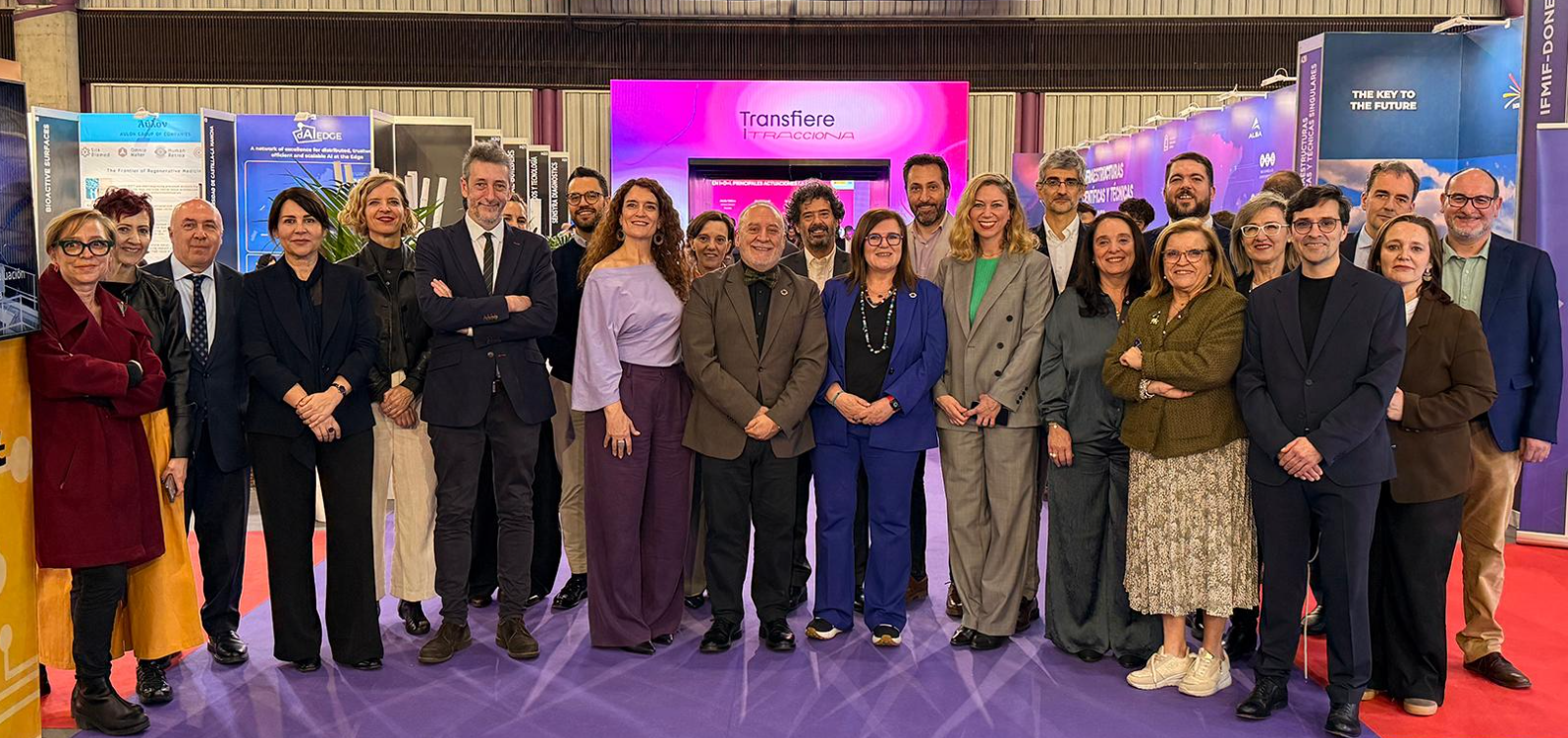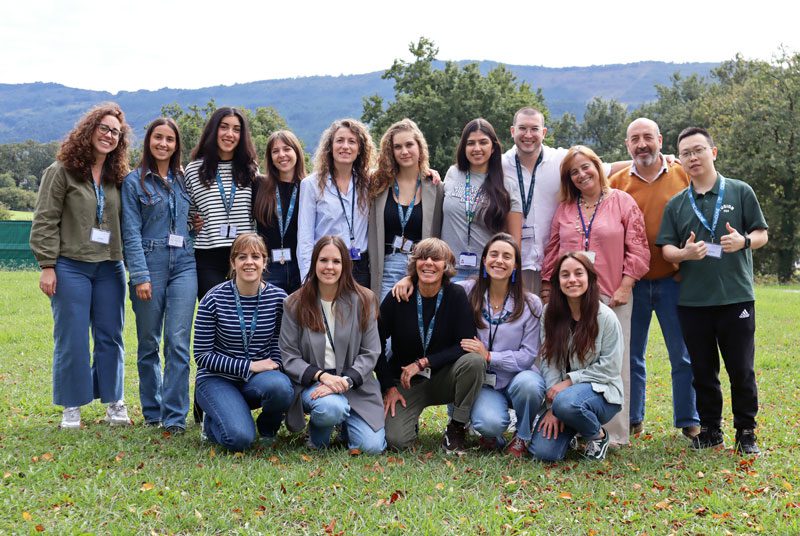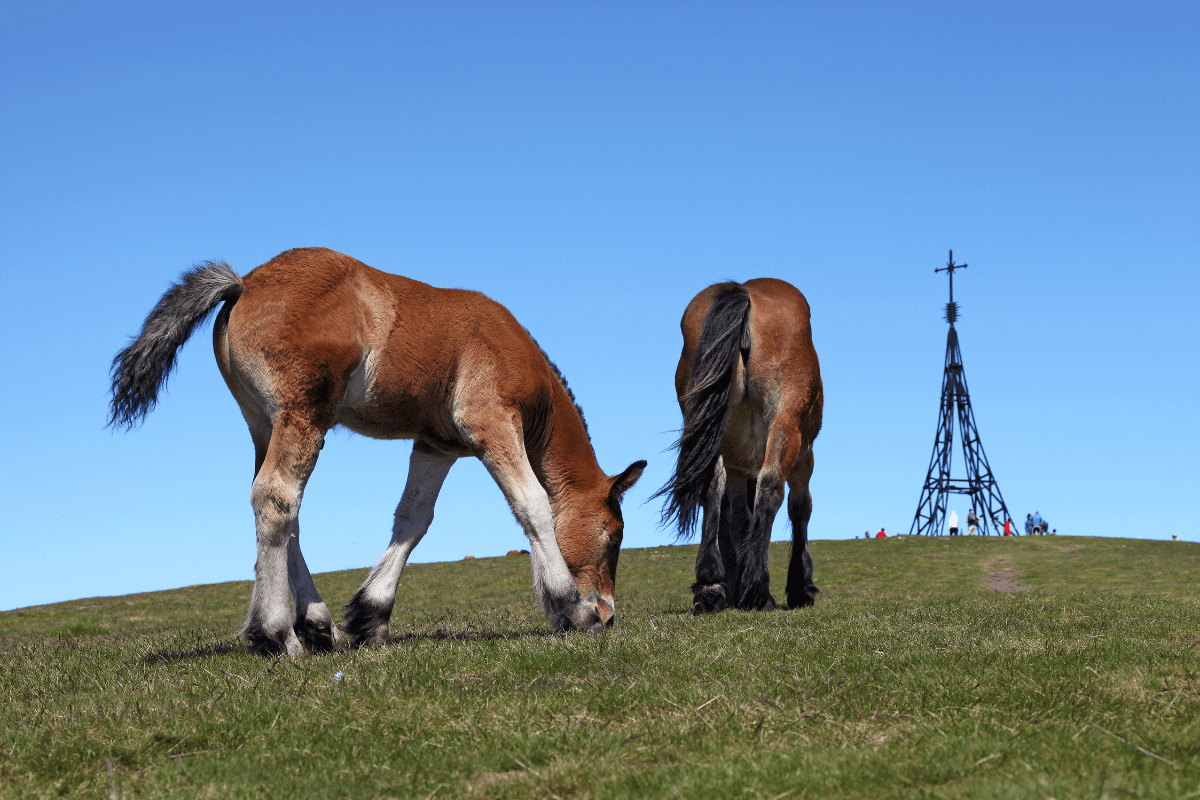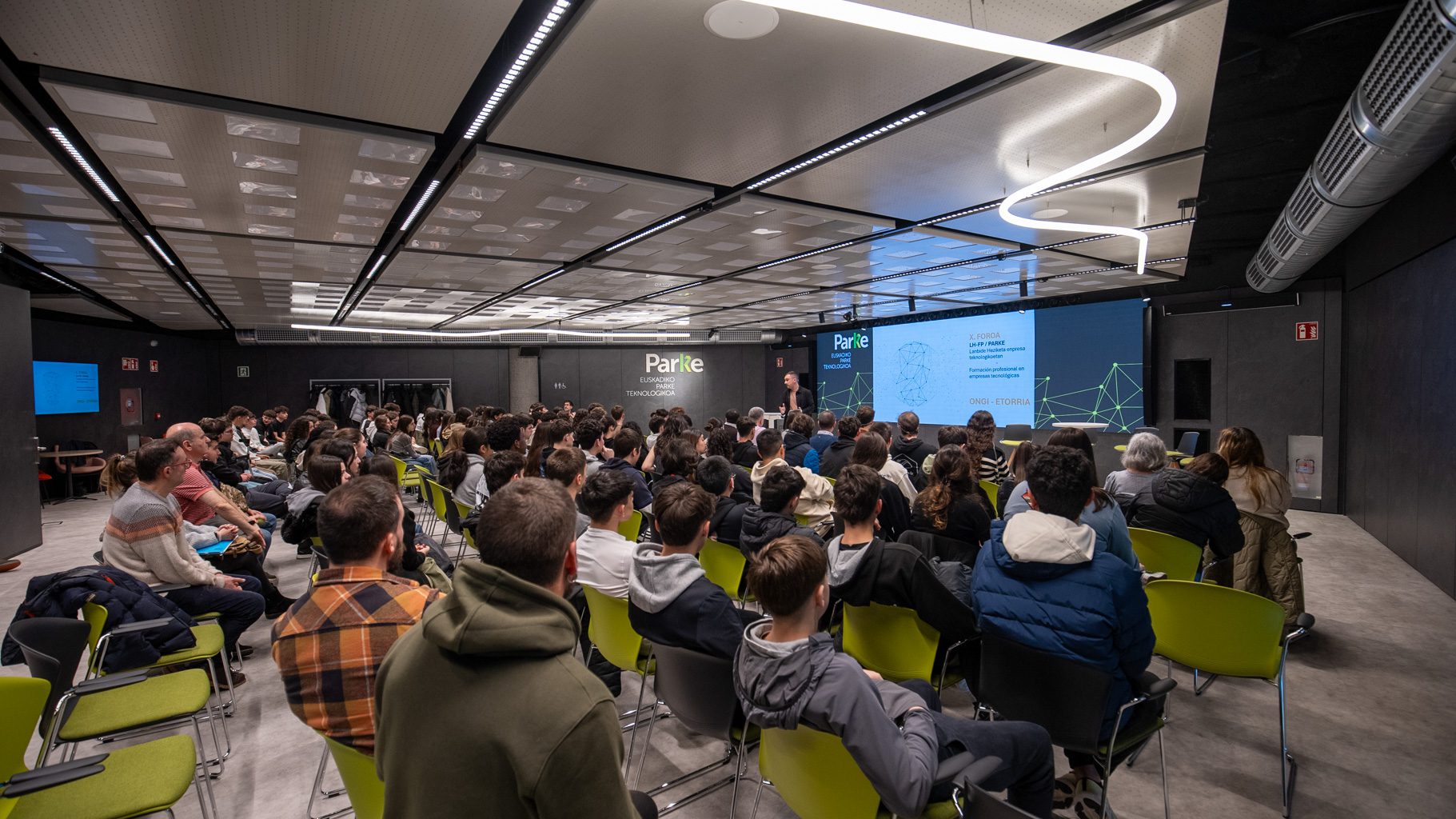CIC energiGUNE, a key player in the project that has succeeded in generating electricity using only water and silicon
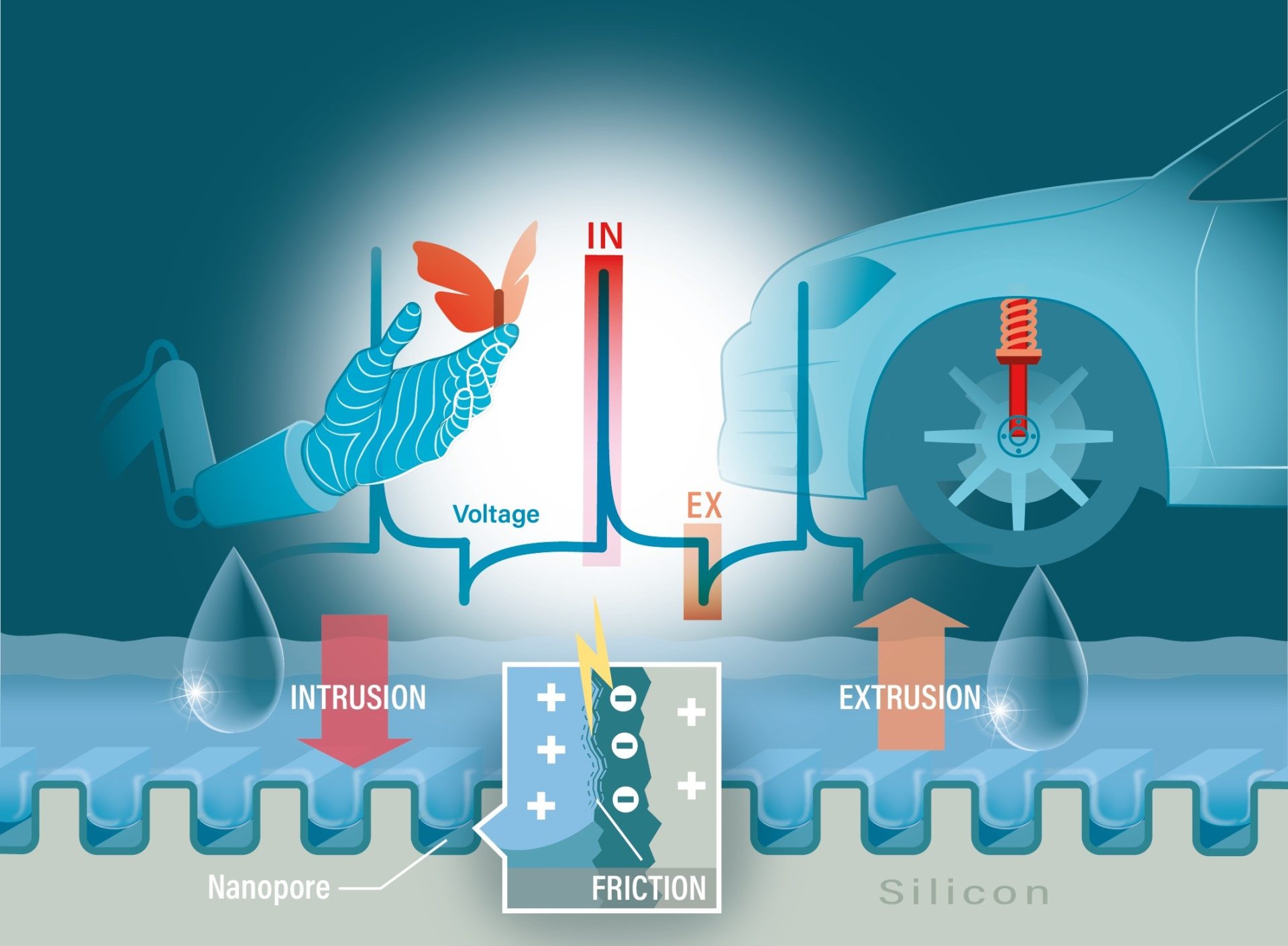
The technology developed consists of forcing water into hydrophobic silicon nanopores and causing it to exit repeatedly, thereby obtaining electrical charges similar to the sparks produced by static electricity.
CIC energiGUNE, a leading Basque research centre in electrochemical energy storage and conversion and thermal energy storage and conversion, has been a key player in the recent discovery of the process of converting mechanical energy into electricity using only water and silicon, which has been reported in an article published in Elsevier’s prestigious journal Nano Energy by a European research team.
‘The combination of nanoporous silicon with water provides access to an efficient and reproducible energy source, without resorting to exotic materials, simply by using the most abundant semiconductor, silicon, and a common resource such as water,’ said Luis Bartolomé, researcher at CIC energiGUNE and first author of this publication.
The origin of this discovery lies in the work carried out within the European ELECTRO-INTRUSION project, coordinated by CIC energiGUNE, which aims to recover environmental heat and vibrations generated by different systems, such as car shock absorbers, for example, and transform them into useful electricity.
“The work carried out in ELECTRO-INTRUSION since its launch in 2021 has made this achievement possible, which is both simple and powerful, by shedding light on some gaps in knowledge that existed around nanotriboelectricity,” said Yaroslav Grosu, project leader and head of the interfacial phenomena research group in the thermal storage area at CIC energiGUNE.
The technology presented in the article published in Nano Energy is called Intrusion-Extrusion Triboelectric Nanogenerator (IE-TENG) and uses pressure to repeatedly force water in and out through nanometric pores. During this process, a charge is generated at the interface between the solid and the liquid.
